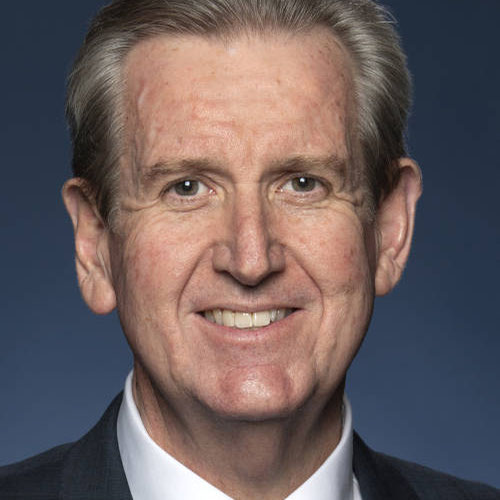A series of collaborations has elevated the India-Australia partnership politically, strategically and economically. The two-way relationship gained ground with the signing of the Comprehensive Strategic Partnership agreement by Prime Ministers Narendra Modi and Scott Morrison at their first virtual summit in June 2020, which, as Australia’s Trade, Tourism and Investment minister Dan Tehan notes, “underscores the ambition, trust and energy that characterise our contemporary ties”. The two leaders held their second online summit on 21 March, and committed to doing so annually, making Australia only one of three countries to have such an arrangement with India. Their summit was followed by Commerce & Industry minister Piyush Goyal’s official visit to Australia, from 6 to 8 April, where he, along with Tehan, concluded the Economic Cooperation and Trade Agreement, or ECTA, meaning “unity” in Hindi. Among its range of mutual benefits will be the immediate elimination of tariffs on 85 per cent of Australian merchandise exports to India, and 96 per cent the other way. A grand function was held in Mumbai on 7 April where the Australian High Commission and the Mumbai Consulate General, together with the Confederation of Indian Industry (CII) and Indo-Australian Chamber of Commerce (IACC), presented the “Economic Strategy Update” on the report, India Economic Strategy to 2035: Navigating from Potential to Delivery. This Update was a call to action for government and business on the independent report, which had been authored, on behalf of CII, by Anil Wadhwa, former Secretary (East) in the Ministry of External Affairs. It was submitted to the Australian Government in 2018 as a roadmap to deepen economic integration with India. “The Update includes a five-year plan for the Australian government to help achieve its long-term economic ambitions with India,” said Wadhwa. “It will help lay the ground for businesses on both sides to realise the potential of our economic partnership.” CECA by end of 2022 He added that both the countries have formally relaunched negotiations for a Comprehensive Economic Cooperation Agreement (CECA) and were working towards an early agreement to deepen bilateral trade in goods and services, with the aim of concluding a full CECA by the end of 2022. “The CECA should deliver improved goods market access across resources and energy, agriculture, processed food and beverages, and industrial products,” he mentioned. “Australia will also seek improved access for service suppliers, and modern investor protections to increase investor confidence and drive investment, with appropriate safeguards for governments’ rights to regulate.” The agreement would additionally facilitate digital trade by including modern and forward-looking rules that support the use of digital tools to enable trade. The priority sectors outlined by the two governments are expected to support greater two-way investment flows to grow both economies and help businesses expand. While India’s reform agenda is hoped to improve conditions for Australian investors, Canberra will help realise greater potential in the infrastructure sector. Australia also seeks to position its world-class providers as partners of choice for India’s education, skills and research needs now and into the future. It will also work with industry, and state and territory governments to regain the strong growth from the Indian tourism market, aiming to achieve 1.2 million Indian arrivals by 2035, worth over A$9 billion a year to the Australian economy.
-

Release of the Economic Strategy Update on the report, India Economic Strategy to 2035: Navigating from Potential to Delivery



































